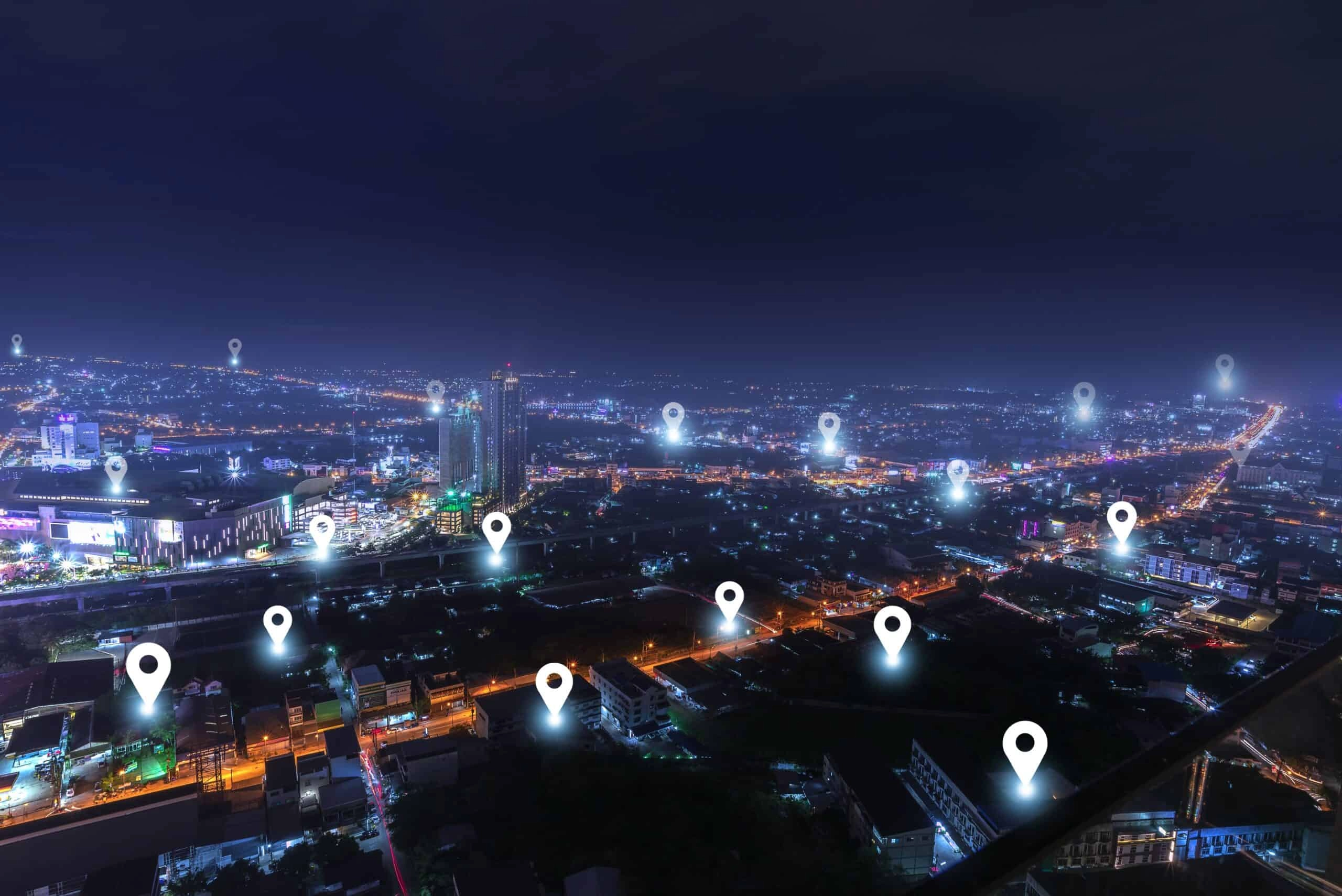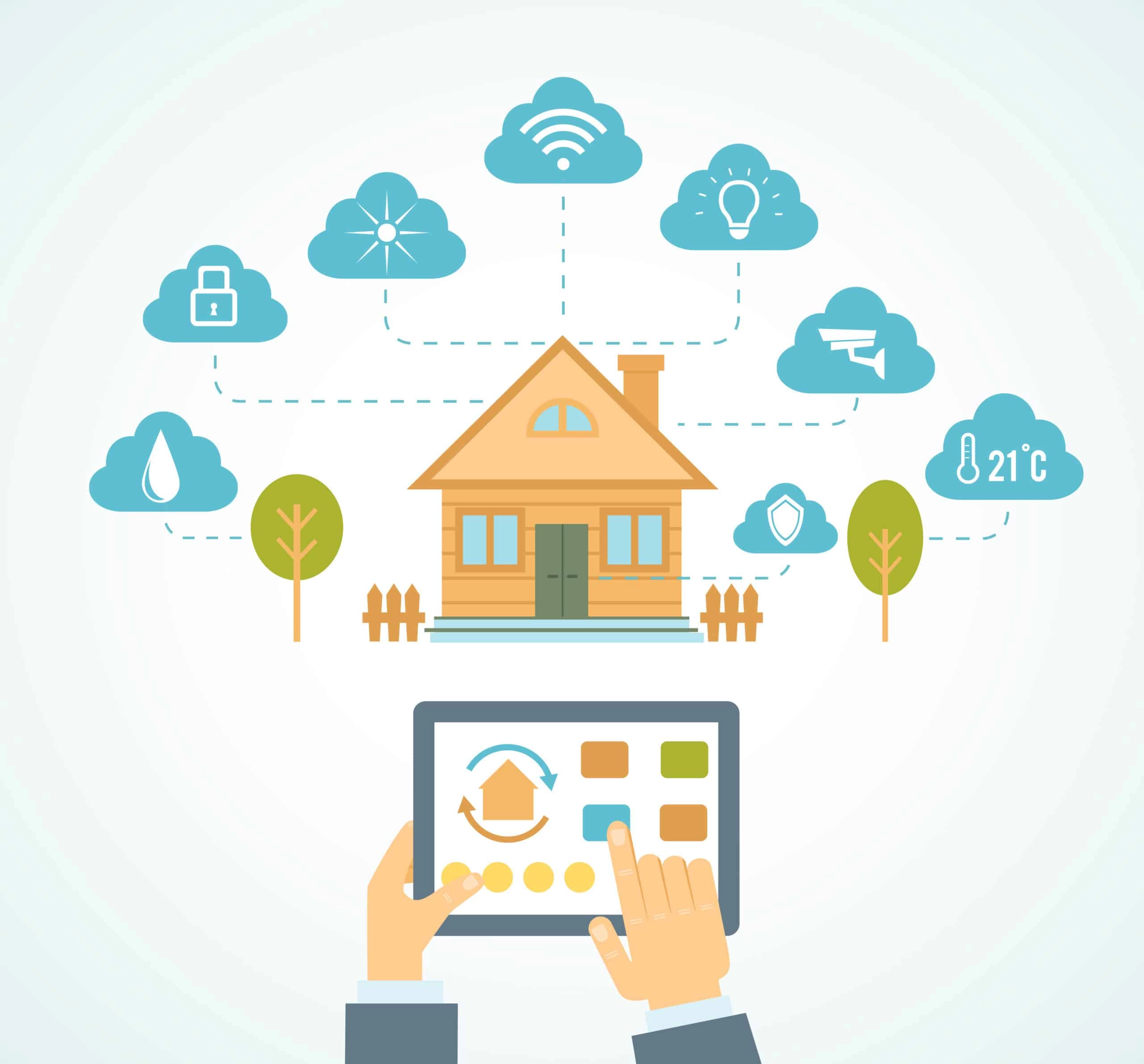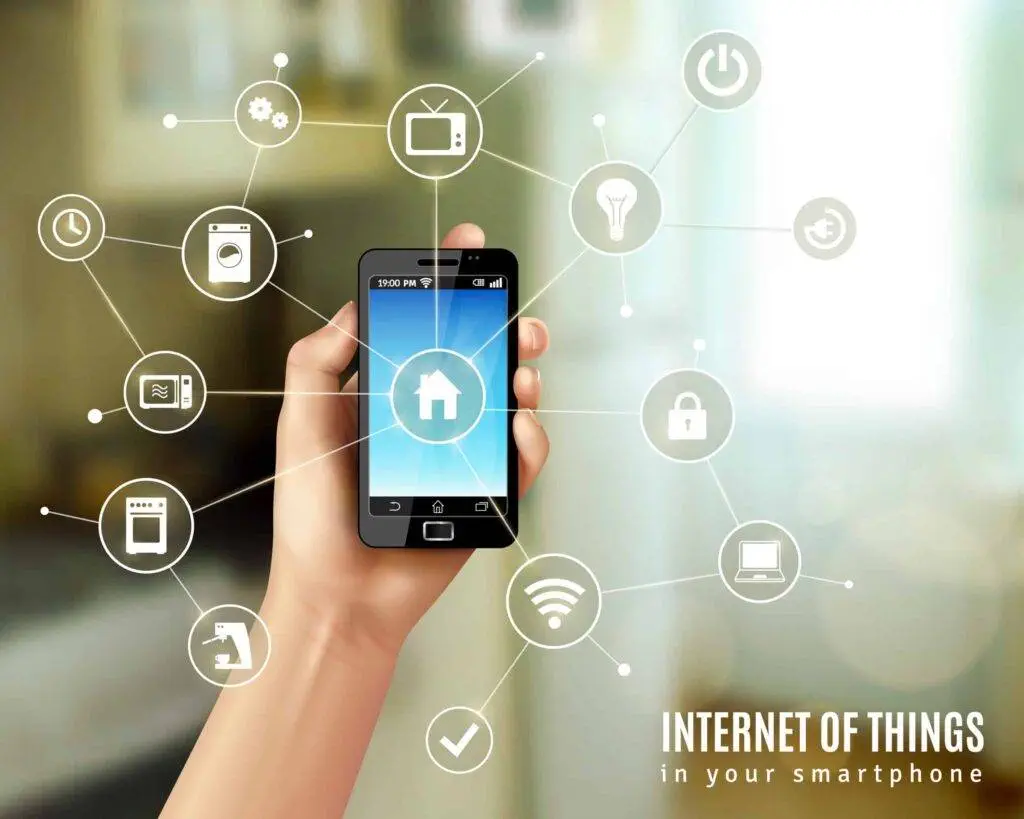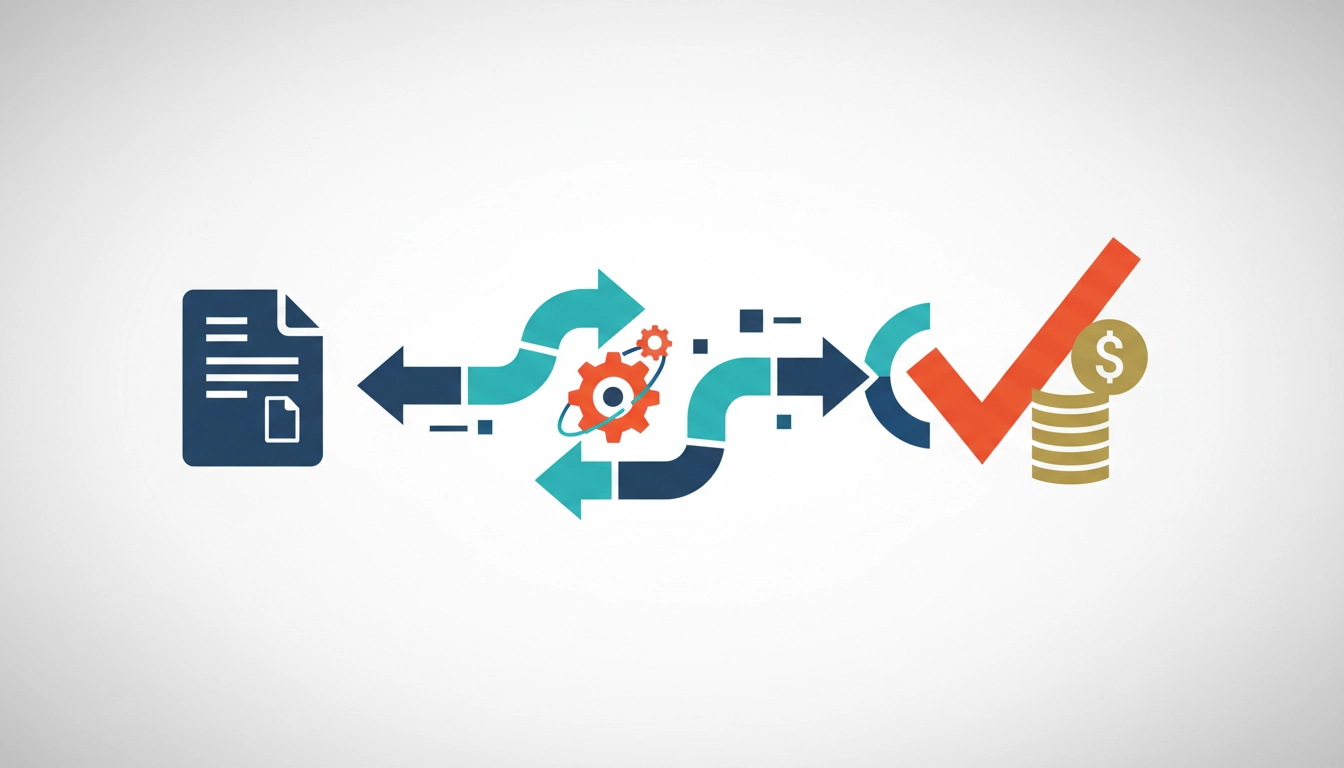Smart technologies are important for the future of our planet. Emissions from industry account for 30 percent of total global greenhouse gas emissions. At the same time, production processes are currently undergoing major changes due to the introduction of digitalization, including the Industry 4.0 platform, which involves the use of artificial intelligence or capabilities through advanced management and analysis of ever-increasing amounts of different data.
We live in a time and environment that aspires to the epithet “smart”, we are surrounded by lot of smart technologies like smartphones and TVs, cars are becoming smarter and will be able to drive and park themselves in the near future, and many world cities bear the prestigious and increasingly important title of Smart City.
The philosophy of such cities evolved as a direct response to the development of extreme urbanization that the world has been undergoing over the last fifty years or so. The concept of a smart city weighs optimization, which is primarily aimed at certain things.They are reducing the harmful impact on the environment, improved traffic management, responsible use of resources, improving urban services and others, and such cities attract businesses and young people with the most talent.
Did you know the impact working from home has on climate change?
Although sometimes it seems like almost every day of the year is celebrating something, April 22 is still a special date because it is a day dedicated to our planet Earth. We will all agree that our planet is the most precious thing we own. Even if we often don’t act like it. Nevertheless, the global corona crisis has given the Earth a chance to take a breath and regenerate a little.
If you’ve been following the news, you know that as embarrassing as this confinement to one’s home and social distancing was, there were some positives to the whole thing. In China and Italy, the air is cleaner than it has been in decades. The canal in Venice is much cleaner and the fish are back. Many other cities around the world have smog, and global carbon emissions have been significantly reduced.
Even the coronavirus that brought the economy to a halt led to a drastic reduction in fossil fuel use. And now we know that working from home can also have a significant impact on climate change.
Since we don’t have concrete data for our country, we’ll use data from a recent American study, by the consulting firm Global Workplace Analytics (GWA), which collected a lot of data and gave a comprehensive picture of working from home and remotely.
Here’s what they found:
– Regular work-from-home opportunities have grown 173% since 2005. That’s 11% faster than overall workforce growth.
– Compared to five years ago, 40% more employers offer some work-from-home options for full-time employees – and those numbers continue to rise
– More than 60% of the workforce is looking for work that can be done remotely to some degree
– Between 80% and 90% of workers want to work from home at least occasionally.
How does working from home affect the environment?
But let’s get back to the connection between telecommuting and protecting the environment. In 2017, a survey was conducted in collaboration with Global Workforce Analytics to determine the impact of homeworking on climate change. Included were an incredible 3.9 million people who spent at least 50% of their time working from home.
According to the study, working from home had the following impacts:
– 530 million fewer car trips and 7.8 billion fewer miles driven
– Savings of $498 million due to fewer traffic accidents
– Nearly a billion dollars in oil savings due to less gasoline consumption.
As technology (especially smart technologies) evolves and the world becomes more connected, more companies are embracing telecommuting and moving away from the traditional employment model.
And for good reasons.
Employees love working from home because it gives them the ultimate flexibility (to schedule their personal and business obligations), higher productivity, and a sense of trust from their boss. And this also suits employers, as it reduces the cost of any office rent, parking, utilities, office supplies…
It is becoming increasingly clear that working from home, at least part of the working week, is becoming completely normal. Regardless of the motives, telecommuting can of course also have a very positive impact on our environment. Environmental protection may not be the main reason why people want to work from home or why employers allow teleworking, but even that, as we can now clearly see, has an important impact on preserving the environment: saving energy, reducing fuel consumption and pollution.
The ideal solution for efficient work from home
And now… what is the easiest way to adapt your business to work from home?
Working from home is the solution for many businesses in this situation. This requires a system that allows an employee to complete their daily tasks from home. The team at InvoiceCrowd is here to support your remote work.



